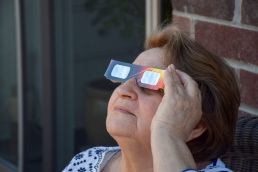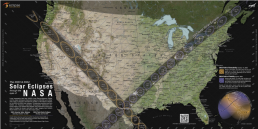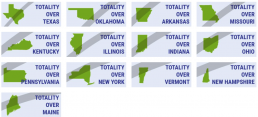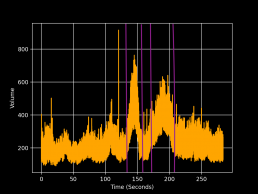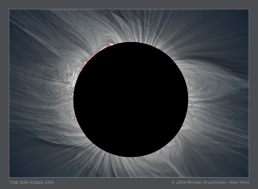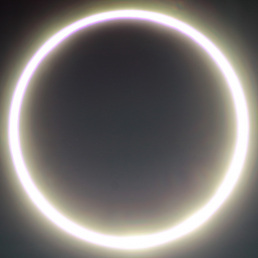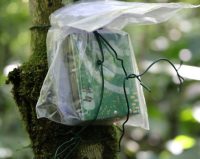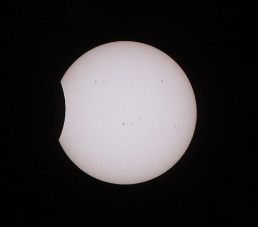DO NOW: Multi-sensory Eclipse Observations
DO NOW:
Multi-sensory Eclipse Observations
Created in collaboration with Tracey Kline, Lynn Public Schools, Lynn, MA
Grades 6-8, NGSS: MS-ESS1-1 Earth’s Place in the Universe
Instructions
- Watch both videos
- Use what you learn from both videos to brainstorm answers to the questions below.
- Discuss your answers with a partner, or as a class.
Video 2
What do Animals do During a Solar Eclipse?
Link: https://bit.ly/animals_during_eclipses
Length: 1:16
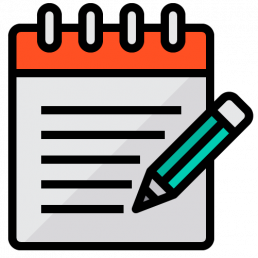

Answer these questions In your notebook or on a piece of paper:
1. How would you observe animals or your environment during a solar eclipse using all of your senses?
-
- What would you listen for?
- What would you look for?
- What would you try to feel/touch
2. Recording the information you gather during your observations is important. How or where are you going to record your information?
Wrap-up: Discuss answers and ideas with a partner and/or as a class.
Do Now Resources
- “Multi-sensory Observing Do Now” Google Slides (2 options): When you open this link you will be prompted to make a copy of the Google slides. This will allow you to edit either of these slide options to best meet the needs of your classroom.
- “Multisensory Observing Do Now” Handout (Google Doc): When you open this link you will be prompted to make a copy of the Google document. This will allow you to edit the Google document to best meet the needs of your classroom. [Students will need to use a mobile device with this handout to watch videos.]
- Technology Modification Option: If students do not have ipads, chromebooks, mobile devices etc, videos can be played to the whole class from the website and then followed by the brainstorm activity in their notebooks.
Field Notes
What are field notes? Why are they important?
Watch or Listen and Learn:
Lesson Video
Coming soon
Video Description coming soon
The video uses descriptive text, imagery, and closed captions. So you can listen, watch or read about the stages – or use all three together, whatever helps you learn best!
Discussion / Notes:
field notes discussion question coming soon
January 24, 2023
Baseline Data
What is baseline data? Why is it important?
Watch or Listen and Learn:
Lesson Video
Coming soon
Video Description coming soon
The video uses descriptive text, imagery, and closed captions. So you can listen, watch or read about the stages – or use all three together, whatever helps you learn best!
Discussion / Notes:
baseline data discussion question coming soon
January 24, 2023
Total Solar Eclipse Phases
Total Solar Eclipse Phases
Watch or Listen and Learn:
Lesson Video
Coming soon
During a total solar eclipse the moon will pass in front of the sun and block the sun completely during the maximum phase called totality. During totality the sun appears to be a smooth black disc with petals of light! This video will explain the stages of a total solar eclipse that lead up to the maximum phase and follow it.
The video uses descriptive text, imagery, and closed captions. So you can listen, watch or read about the stages – or use all three together, whatever helps you learn best!
Discussion / Notes:
How would you describe totality, also known as the maximum phase of a total solar eclipse?
January 24, 2023
Eclipse Maximum
What is Eclipse Maximum?
Watch or Listen and Learn:
Lesson Video
Coming soon
Video Description coming soon
The video uses descriptive text, imagery, and closed captions. So you can listen, watch or read about the stages – or use all three together, whatever helps you learn best!
Discussion / Notes:
eclipse maximum discussion question coming soon
January 24, 2023
Free Kit Info
Free ES Data Collector Kit Info
The Eclipse Soundscapes (ES) Project provides ES Data Collector kits to some of its partners, such as NASA at My Library. It also opens applications for groups and individuals to apply to receive a free kit to collect data during one of the upcoming solar eclipses. To apply you must be 18 years old or older and on or near (within 70%+) of the Eclipse Path. You can use the ES Solar Eclipse Look-up tool to determine if you are near or on the eclipse path or maps in the Resources section to figure this out.
Free Kit Application
April 8, 2024 Total Solar Eclipse Free Kit Application Period: 10/23/2023-1/31/2024
We will contact you via email in early February to let you know if you will receive a free kit.
Free Kit Availability
The number of free kits available is limited. Free kit disbursement will be based on need, location, and date of application. We hope that anyone who does not receive a free kit will have the ability to build their own. In an effort to support this as an option the Eclipse Soundscapes team has intentionally chosen an audio recorder that is the least expensive scientific grade audio recorder we could find in addition to readily available materials.
Kit Components
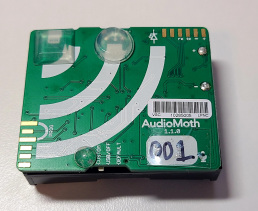

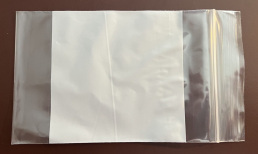

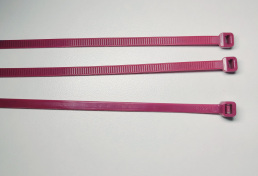

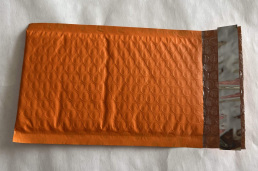

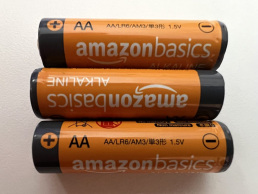

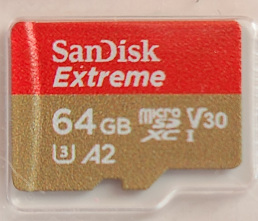

- 1 AudioMoth Recorder
- 1 plastic bag with a zip top lock
- 3 long plastic zip ties
- 1 padded return envelope (postage included)
- 3 AA batteries
- 1 64 GB MicroSD Card (Already installed in AudioMoth in ES provided devices)
December 16, 2022
Annular Eclipse Phases
Annular Eclipse Phases
Watch or Listen and Learn:
During an annular solar eclipse the moon will pass in front of the sun and block its center during the maximum phase making the sun appear to be a glowing ring of fire! This video will explain the stages of an annular eclipse that lead up to the maximum phase and follow it.
The video uses descriptive text, imagery, and closed captions. So you can listen, watch or read about the stages – or use all three together, whatever helps you learn best!
Discussion / Notes:
How would you describe annularity, also known as the maximum phase of an annular eclipse?
December 16, 2022
